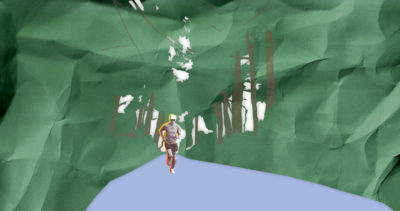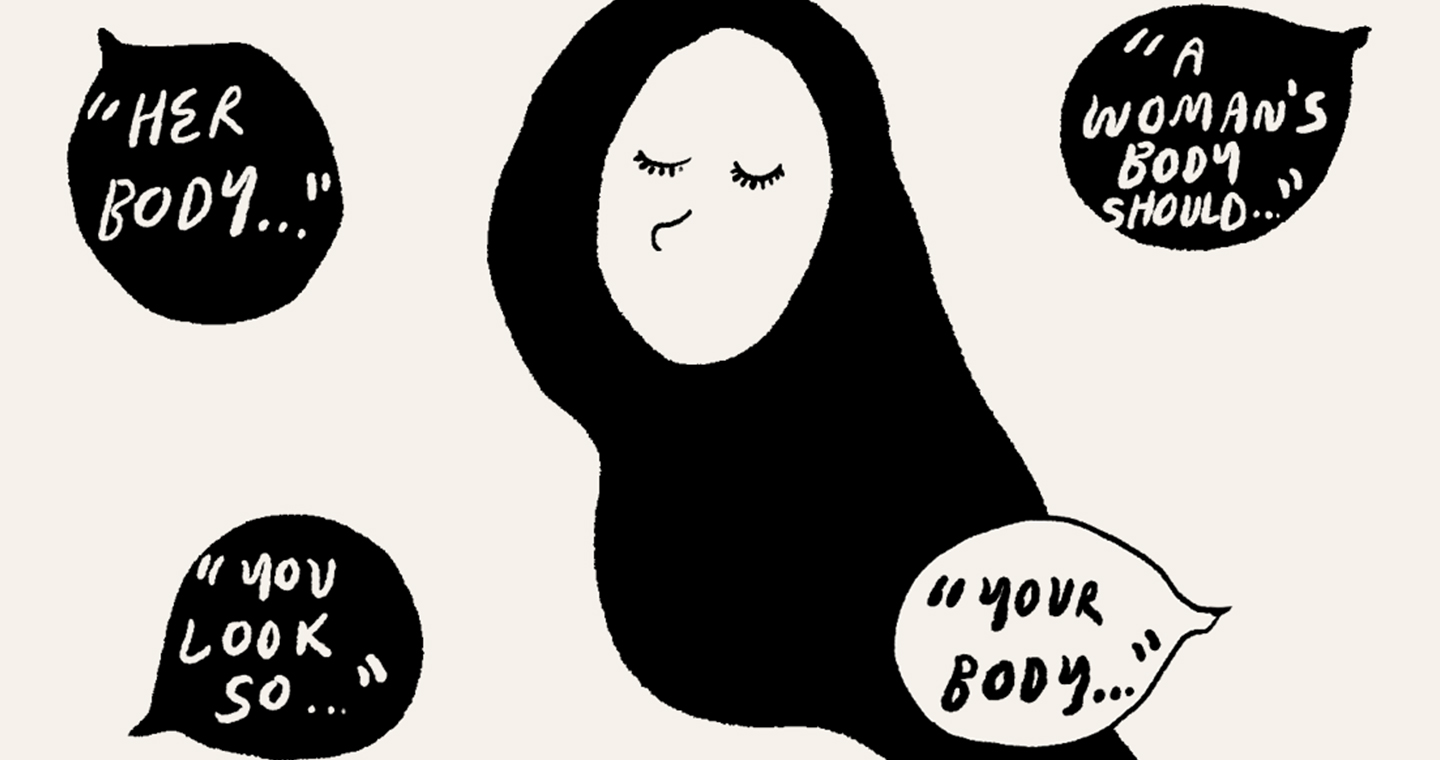
an ideal image of sport
an ideal image of sport
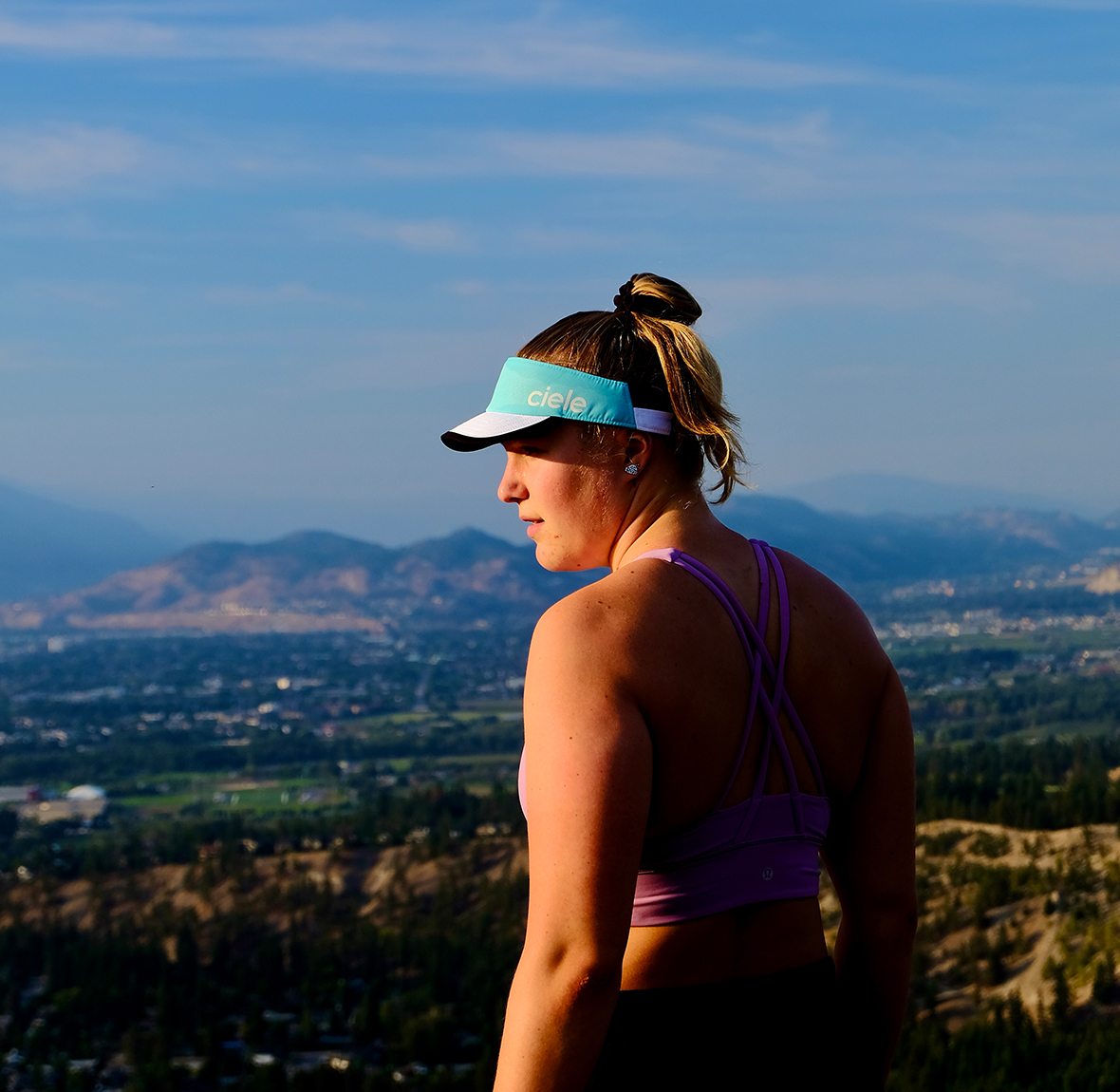
words x
sandra thies
illustrations x
sarah cotton
How we see ourselves evolves and finds its own shape over time. My struggle with body image began when I was in the thick of high school. Like any young person, the unrealistic beauty standards in the media made me wonder why my body did not look like my peers. Social media didn’t help. I have always loved food, and to this day I work hard to make sure that passion stays strong. As a teenager, I did hear commentary about my body shape and size, and I tried the fad diets. I was big for my age; I reached almost six feet by grade 11, an abnormal height in my group of friends.
Young age as a vulnerable and impressionable woman (or man) is tough, and its struggles shaped my path for the next nine years. They also led to a career as a registered dietitian. Because I was conditioned to believe that my body “should” be a certain way, I became involved in sport. I competed nationally with a high-performance synchronized swimming team until I graduated high school, when I made the varsity rowing team at University of British Columbia. Halfway through my first year, my rowing coach spoke to me about progress, at one point saying, “I think we can get you down to 135 pounds, so that you can row with the lightweight group.” This was a turning point. At the time, I was pushing six feet and 160 pounds. To lose 25 pounds, I would sacrifice performance. Likely, my physical and mental health would suffer as well. Part way into my second year, I was cut from the team due to plateauing performance.
Young age as a vulnerable and impressionable woman (or man) is tough, and its struggles shaped my path for the next nine years. They also led to a career as a registered dietitian. Because I was conditioned to believe that my body “should” be a certain way, I became involved in sport. I competed nationally with a high-performance synchronized swimming team until I graduated high school, when I made the varsity rowing team at University of British Columbia. Halfway through my first year, my rowing coach spoke to me about progress, at one point saying, “I think we can get you down to 135 pounds, so that you can row with the lightweight group.” This was a turning point. At the time, I was pushing six feet and 160 pounds. To lose 25 pounds, I would sacrifice performance. Likely, my physical and mental health would suffer as well. Part way into my second year, I was cut from the team due to plateauing performance.
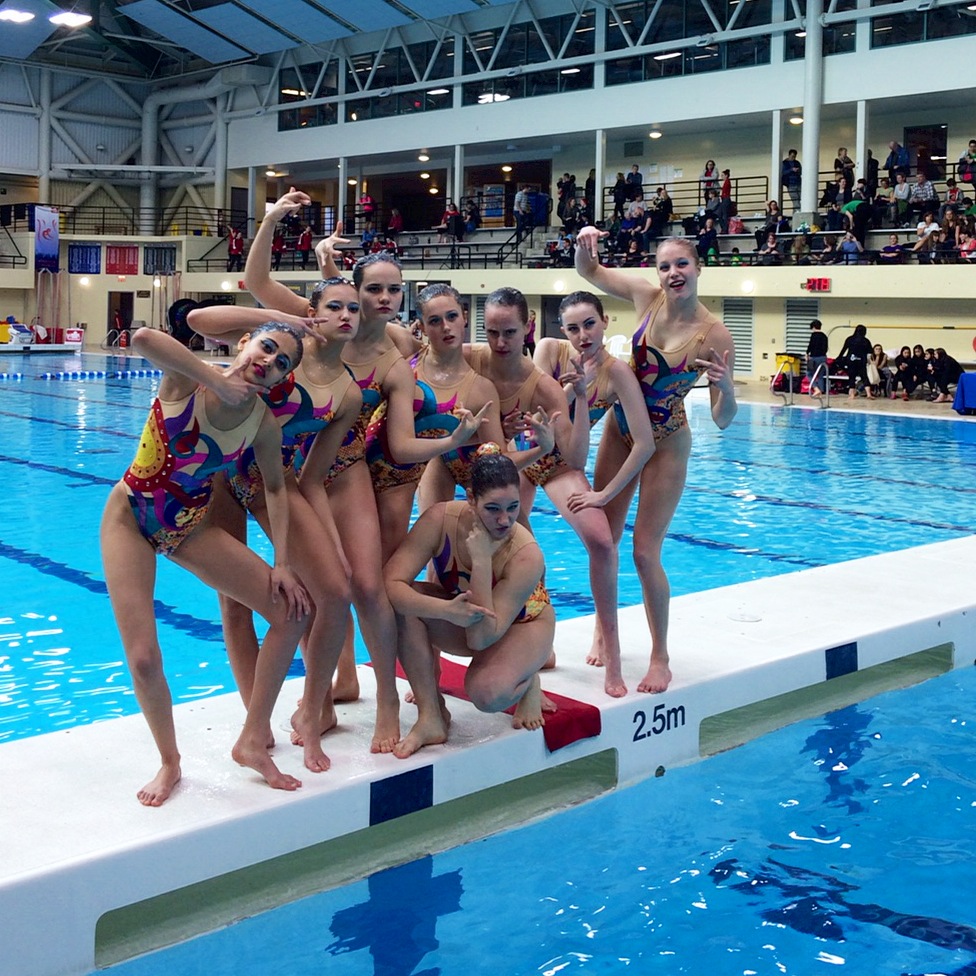
After coming out of five years of high-performance sport, I didn’t know what to do with myself. I had been training 40 hours or more per week. I needed to fill my time, and sport was how I identified. That’s when I found triathlons; my running and cycling journey had begun.
Running, cycling, and swimming became an escape for me. I was empowered to choose what I wanted in terms of training programs, diets, and how to fit course work, two part time jobs, and relationships into my life. Sport was the tool I used to get away from all the stress of school, but exercise began to take a toll.
I didn’t know it at the time but being so physically driven for so many years had negatively impacted my body confidence, and my self image. Through my sports career, I always strived to succeed. I had determination like few others; however, being surrounded by lean women who were praised by my coaches made me subscribe to the idealization of thinness in female bodies.
Running, cycling, and swimming became an escape for me. I was empowered to choose what I wanted in terms of training programs, diets, and how to fit course work, two part time jobs, and relationships into my life. Sport was the tool I used to get away from all the stress of school, but exercise began to take a toll.
I didn’t know it at the time but being so physically driven for so many years had negatively impacted my body confidence, and my self image. Through my sports career, I always strived to succeed. I had determination like few others; however, being surrounded by lean women who were praised by my coaches made me subscribe to the idealization of thinness in female bodies.
I continued to value thinness, and I would risk my health often enough to attempt to achieve it.
It became a dilemma for me, and I often asked myself, “Do I want to eat enough to fuel my body correctly? Or should I try out a new diet to look like the women being praised?” At the time, doing both was not an option.

As a larger woman in sport, the compliments I received from friends and teammates on my body and weight loss only validated my drive for thinness. I struggled with learning how food fit into my life and how it fueled performance. How was I meant to mend my relationship with food and with my body after so many years of dieting and picking apart my insecurities?
The pedestal that the “Thin Ideal”— the concept of the ideally slim female body—sits atop, for athletes of any gender, is too high. To fit the ‘aesthetic’ of the Thin Ideal, restricting food intake and dieting is often seen as the path of least resistance, and too frequently at the expense of performance and health. Unfortunately, when it comes to weight loss, the number on the scale is never good enough. We tell ourselves, “Once I get down 10 pounds, I will finally be happy.” Ten pounds later, we are not satisfied. The chase continues.
Body and weight politics is a nuanced topic in female athletes, due to the intersection between sport performance, weight, gender, and aesthetics. Coaches from many sports are being criticized for expecting women to manipulate and restrict their food intake to fit the Thin Ideal. If it will physically change their bodies but ultimately be detrimental to performance and health, then is sport being put first? I’d argue no.
The pedestal that the “Thin Ideal”— the concept of the ideally slim female body—sits atop, for athletes of any gender, is too high. To fit the ‘aesthetic’ of the Thin Ideal, restricting food intake and dieting is often seen as the path of least resistance, and too frequently at the expense of performance and health. Unfortunately, when it comes to weight loss, the number on the scale is never good enough. We tell ourselves, “Once I get down 10 pounds, I will finally be happy.” Ten pounds later, we are not satisfied. The chase continues.
Body and weight politics is a nuanced topic in female athletes, due to the intersection between sport performance, weight, gender, and aesthetics. Coaches from many sports are being criticized for expecting women to manipulate and restrict their food intake to fit the Thin Ideal. If it will physically change their bodies but ultimately be detrimental to performance and health, then is sport being put first? I’d argue no.
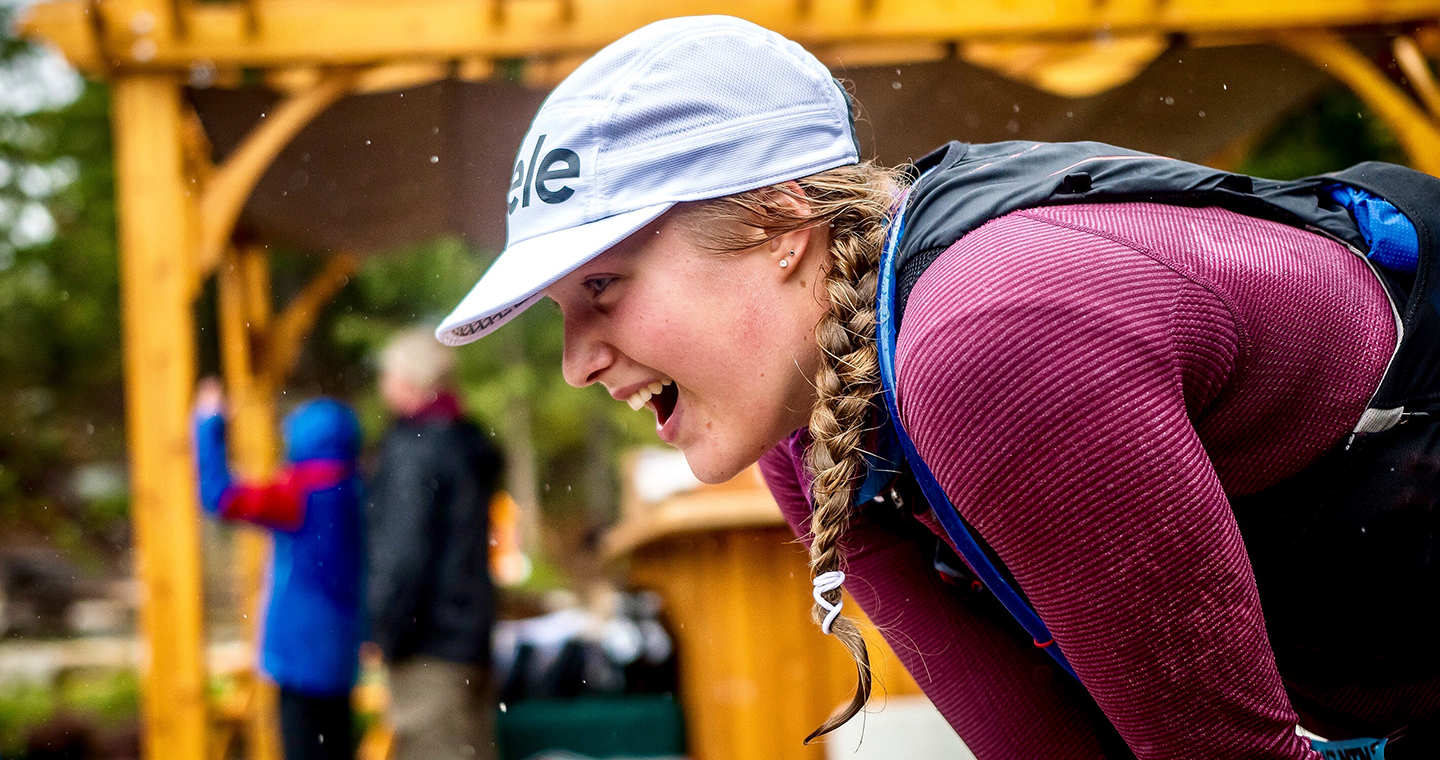
For young women undergoing puberty and growth, adequate nutrition is essential to preventing health problems, including anemia, osteopenia, and amenorrhea. For adults, maintaining proper nutrition habits is paramount for health, longevity, and prevention of injury. The mental health and body image decline that comes from coaches and mentors shaming athletes and promoting weight loss comes with even more long-term health consequences, including eating disorders, depression, and anxiety.
Weight stigma is prominent in health care, athletics, employment settings, educational environments, and within relationships both personal and professional. I recently wrote an article on the health detriments of those who experience weight stigma, and there are too many to count. Whether from a coach to an athlete, a health care provider to a patient, or self-directed, weight stigma has long lasting effects on mental and physical health that take a lot of hard work to overcome.
I am immensely proud of how far I have come the past nine years. I am proud of how I have developed as an athlete and health professional. I look back at my years as a synchronized swimmer and a varsity rower, and I thank my big powerful legs for their strength. I have so much appreciation for what my body does for me every day. I now get out on my bike and run in the trails to enjoy the time and be in the fresh air, rather than doing it for the calorie burn.
Weight stigma is prominent in health care, athletics, employment settings, educational environments, and within relationships both personal and professional. I recently wrote an article on the health detriments of those who experience weight stigma, and there are too many to count. Whether from a coach to an athlete, a health care provider to a patient, or self-directed, weight stigma has long lasting effects on mental and physical health that take a lot of hard work to overcome.
I am immensely proud of how far I have come the past nine years. I am proud of how I have developed as an athlete and health professional. I look back at my years as a synchronized swimmer and a varsity rower, and I thank my big powerful legs for their strength. I have so much appreciation for what my body does for me every day. I now get out on my bike and run in the trails to enjoy the time and be in the fresh air, rather than doing it for the calorie burn.
it has taken almost a decade to get to a point where I can achieve body neutrality, and there are still days where I sit in the discomfort of feeling “too big.”
But I can finally take a deep breath and acknowledge that I run, ride, hike, swim, and ski for pleasure and to feel good in my body.
This journey is far from over for me, but I have become a dietitian to empower others in this journey as well, educate people about the detriments of weight stigma, and help people get back to a place of body neutrality, body confidence and positive body image.
This journey is far from over for me, but I have become a dietitian to empower others in this journey as well, educate people about the detriments of weight stigma, and help people get back to a place of body neutrality, body confidence and positive body image.
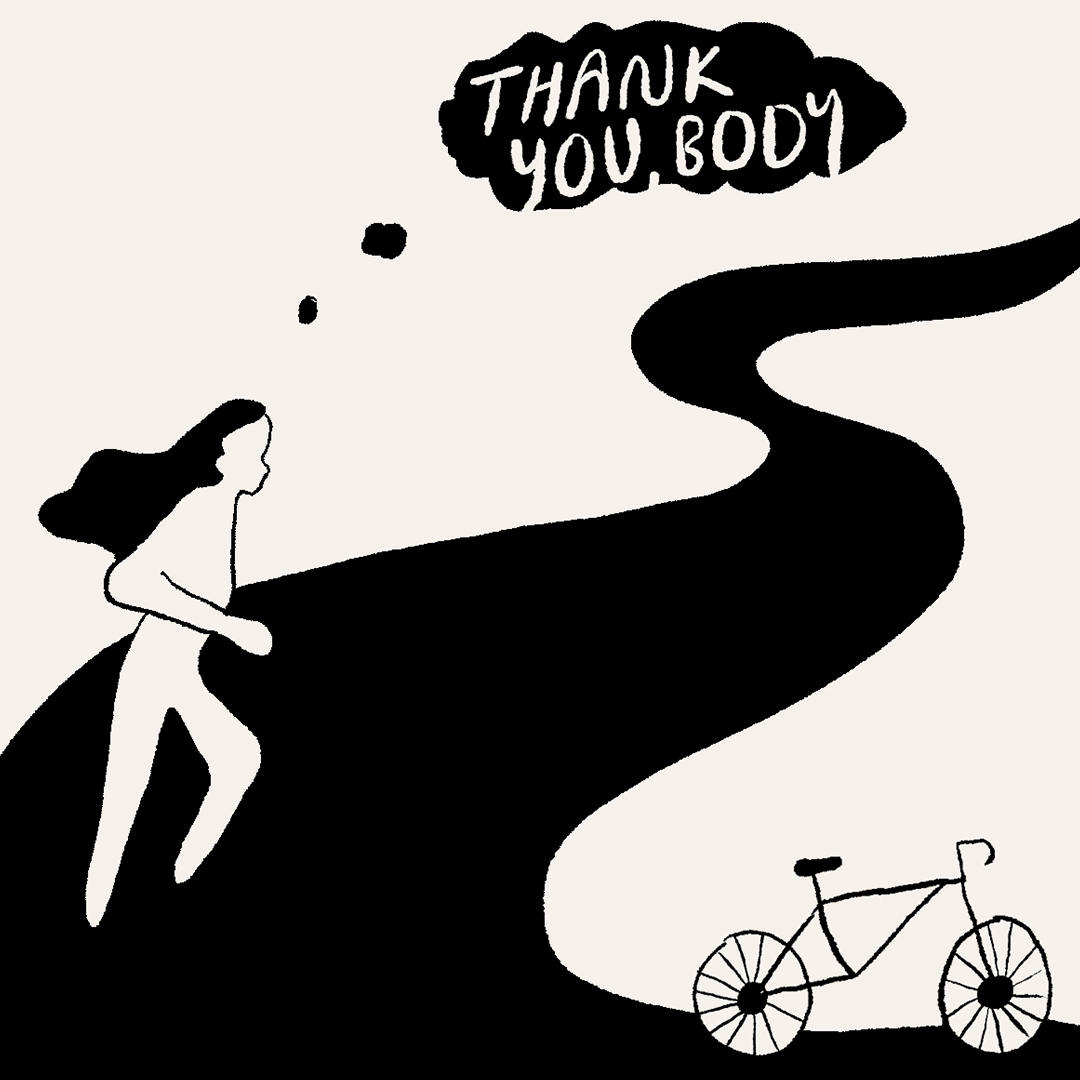
This issue impacts everyone regardless of gender, race, or age. I want every human to know that it is never the right choice to sacrifice your physical or mental health to appease someone. Your health and well-being are the priority. I encourage you to seek support from others who have similar experiences.
Through my work, I aim to empower people to see food and exercise as a means of enjoyment and social experience, and work towards self confidence. I help people find respect and appreciation for their bodies and healthy habits that are sustainable on a long-term scale. Here’s to being strong, nourished, fuelled for performance, and at peace with your decisions, rather than risking health and happiness.
Through my work, I aim to empower people to see food and exercise as a means of enjoyment and social experience, and work towards self confidence. I help people find respect and appreciation for their bodies and healthy habits that are sustainable on a long-term scale. Here’s to being strong, nourished, fuelled for performance, and at peace with your decisions, rather than risking health and happiness.
more articles





